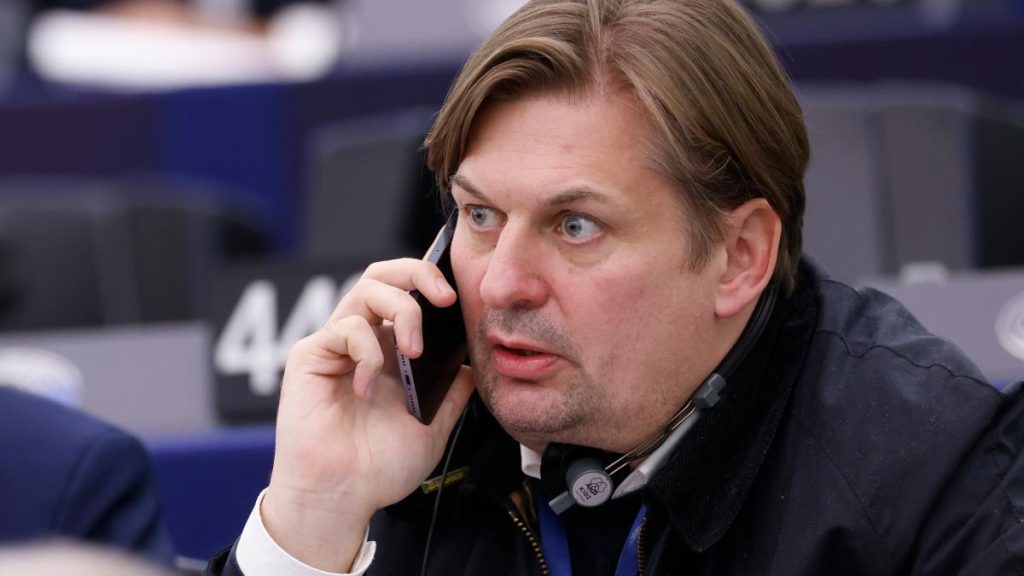The General Prosecutor’s Office in Dresden has initiated preliminary investigations against the AfD politician Maximilian Krah for possible payments from Russia and China. This has put pressure on Krah within the party, as only a few members supported him during the AfD group meeting. The scandals surrounding the European election candidates Krah and Bystron highlight that top AfD politicians represent exactly the negative image they paint of established parties. Höcke, who preaches self-confidence and backbone, lacks both qualities. How can voters trust such figures?
During the stagnant years under Chancellor Angela Merkel, some voters turned to the AfD out of frustration. But now, with scandals involving the party’s top candidates, such as Krah employing an alleged Chinese agent and Bystron being linked to Russian organizations, it is difficult to trust the party. If Maximilian Krah represents the party, then the party leaders Alice Weidel and Tino Chrupalla should campaign with him. Their absence from his campaign launch indicates doubts about his innocence. Why should voters trust Krah if his own party leaders do not?
Furthermore, what can we think of a party whose second candidate for the European election, Petr Bystron, has deep connections to Russia and may have received money from Moscow-based organizations? How can a party compete in European politics with such controversial and potentially corrupt individuals? It is ironic that the AfD embodies the negative image it criticizes in established parties. Should voters trust such politicians for the next five years? Finally, there’s Björn Höcke, the lead candidate who is known for confrontational rhetoric but evades questions when pressed, claiming ignorance. Can a party led by individuals like Krah, Bystron, and Höcke lead a constructive political change?
The problem lies not only with these individuals but with a larger portion of the party’s personnel. With such figures, it is impossible to achieve a political turnaround, especially one that can bring about constructive change and sustain it. The lack of credibility and integrity among key AfD figures raises questions about the party’s future direction and its ability to lead effectively. As the party struggles to distance itself from controversies and scandals, voters are left questioning its motives and leadership, casting doubt on its ability to bring about meaningful change in German politics. The ongoing controversies surrounding AfD politicians like Krah, Bystron, and Höcke highlight the challenges the party faces in gaining public trust and establishing itself as a credible political alternative.


